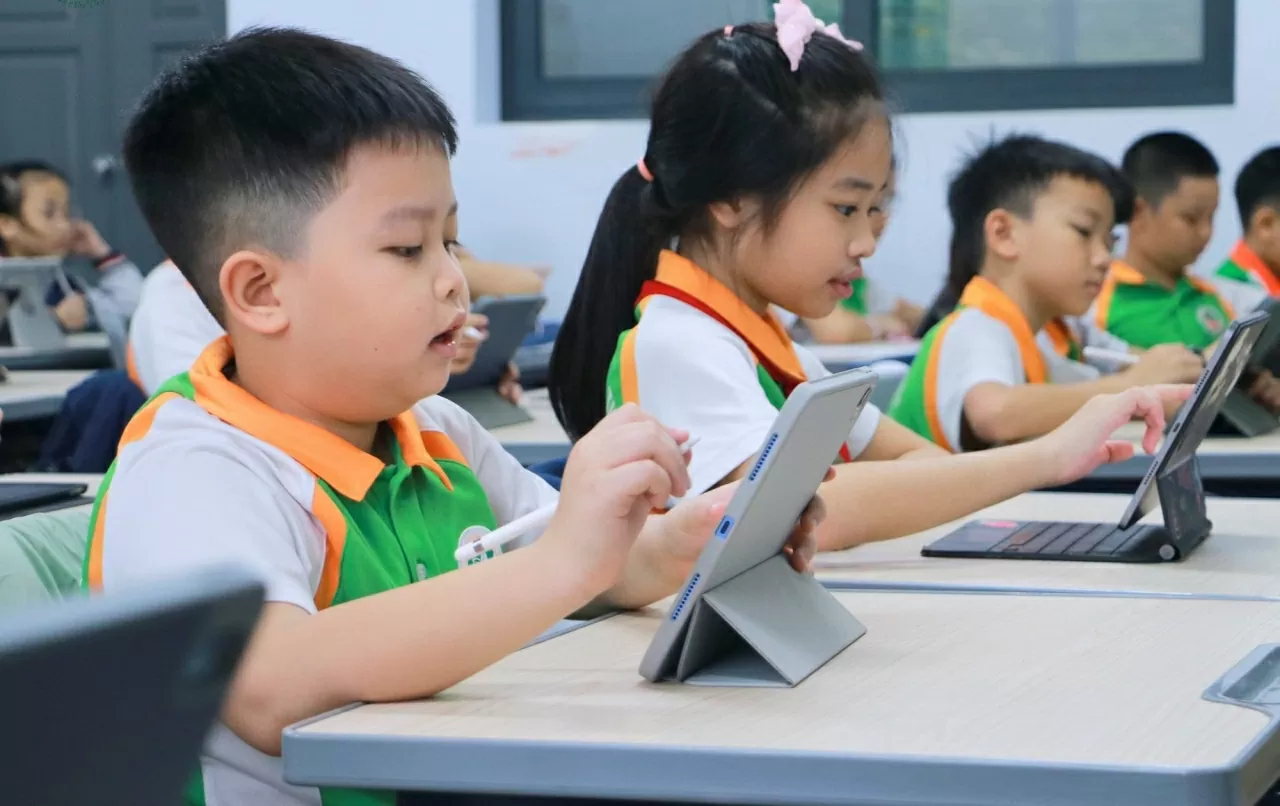 |
| Education has many opportunities in the development of artificial intelligence. (Source: VGP) |
Education is facing an unprecedented knowledge revolution, where artificial intelligence (AI) is not only a tool but also a companion, even a "new teacher" of the era. In this context, education - a field closely linked to the future of humanity - is facing a major turning point. AI opens up countless opportunities for more personalized, creative and effective learning, but also sets new limits that humans must overcome if they do not want to be left behind by technology.
In many countries, bringing AI into schools is increasingly focused. In the UK, from primary school, children are exposed to computer science , algorithms, and data, helping to form a foundation of logical thinking and analytical skills.
In the United States, some states such as California and Massachusetts have issued guidelines for teaching AI, focusing on three pillars: Conceptual awareness, tool application, and ethical analysis. Since 2017, Japan has encouraged the entire system to exploit new ICT technologies, including AI. South Korea has implemented AI-related subjects in middle and high schools...
In this changing picture, Vietnam is taking the first steps with determination. Resolution No. 71-NQ/TW of the Politburo on building and developing high-quality human resources in the new era has affirmed that AI is profoundly changing the face of global education, and each country must redefine its vision and strategy for the future education system.
Implementing this Resolution, the Government's Action Program aims that by 2030, Vietnam will achieve initial results in improving technology and AI capacity, aiming to form a smart education ecosystem where AI supports innovation in learning content, methods and tools.
A series of specific tasks have been set out, such as introducing AI into general education and university curricula; promoting creative activities and experiences in the digital environment; developing digital capacity for teachers; building open databases for learning; forming smart school models and virtual classrooms. These are strategic steps, both technological and humanistic. After all, AI is only truly meaningful when it helps people learn better, understand more deeply and live more responsibly.
The potential of AI in education is limitless. Adaptive learning systems can automatically adjust lessons to each student’s ability; virtual assistants help teachers grade papers and design lessons; 3D simulations or virtual labs help students experience things that are out of reach in the real world. AI can personalize learning, reduce the workload for teachers, and narrow regional gaps if deployed properly.
But along with that potential comes a series of challenges. First of all , the digital divide between regions makes students' access to technology infrastructure and learning resources uneven. A student in Hanoi or Ho Chi Minh City can learn AI programming from grade 6, while in remote areas, Internet access is still difficult.
Second is the capacity and awareness of teachers and learners. AI is only effective when teachers understand the tool, know how to exploit it selectively and integrate it creatively. Meanwhile, many teachers are still hesitant, afraid of technology, or worried about being replaced.
Third is the technology infrastructure and legal corridor. Despite many efforts, Vietnam's data, connection, and information security systems are still fragmented. In addition, the use of AI in schools raises new legal questions: How to ensure transparency, avoid dependence on machines, prevent copyright infringement, academic fraud, or information distortion? Above all, the risk of dependence on AI, when learners get used to asking tools instead of thinking for themselves, finding quick answers instead of practicing critical thinking.
What we are most concerned about today is not whether to bring AI into education or not because that is an irreversible trend, but how we will teach and learn with AI.
AI can simulate voice, write text, and even analyze behavior, but it cannot replace human personality, emotions, and character. Therefore, Vietnam's AI strategy in education needs to put people at the center, considering AI as a tool to enhance, not replace, intelligence. A comprehensive strategy needs to include training and fostering teachers in digital and AI competencies, helping them become instructors and orienters instead of just communicators.
At the same time, build an AI competency framework for students, including technological understanding, digital ethics, the ability to collaborate and innovate with AI. Invest in technology infrastructure and open resources, so that all students, wherever they are, have equal access to learning opportunities.
It is important to clearly regulate the use of AI in schools, defining limits, principles and responsibilities when applying technology. Build a modern, practical AI education program that combines science - technology - ethics - art, so that students can both understand and apply humanities. Above all, it is necessary to educate the younger generation in the spirit of criticism and autonomy, knowing when to use AI support and when to assert their own abilities and intelligence.
However, in reality, the line between using AI and depending on AI is extremely fragile. If exploited properly, AI will be a great tool such as helping each student learn according to their own abilities, giving teachers more time to be creative, so that knowledge can spread more fairly. But AI can also obscure the core of education, which is the formation of personality, independent thinking and the ability to live responsibly in a changing world. As an international education expert once said: "AI can teach you how to answer questions, but only humans know how to ask the right questions."
Therefore, future education is not just about bringing AI into the classroom, but also about teaching people to master AI, so that technology can serve knowledge. Vietnam is on the threshold of a new era, where education can take advantage of technology to create a generation of digital citizens – people who are skilled, have personality and are creative.
To achieve that, a long-term vision is needed, such as investing in teachers, building a national standard curriculum framework on AI, encouraging cooperation between schools - businesses - research institutes, and especially putting people at the center of all innovation.
AI can help us learn faster and smarter, but only education with the mission of nurturing the soul and intelligence can help people become better. Importantly, Vietnamese education will change and adapt, mastering AI to create knowledge, nurture aspirations and open up the future.
Source: https://baoquocte.vn/giao-duc-trong-cuoc-chuyen-minh-cua-cong-nghe-332779.html


![[Photo] The road connecting Dong Nai with Ho Chi Minh City is still unfinished after 5 years of construction.](https://vphoto.vietnam.vn/thumb/1200x675/vietnam/resource/IMAGE/2025/11/04/1762241675985_ndo_br_dji-20251104104418-0635-d-resize-1295-jpg.webp)

![[Photo] Panorama of the Patriotic Emulation Congress of Nhan Dan Newspaper for the period 2025-2030](https://vphoto.vietnam.vn/thumb/1200x675/vietnam/resource/IMAGE/2025/11/04/1762252775462_ndo_br_dhthiduayeuncbaond-6125-jpg.webp)
![[Photo] Ho Chi Minh City Youth Take Action for a Cleaner Environment](https://vphoto.vietnam.vn/thumb/1200x675/vietnam/resource/IMAGE/2025/11/04/1762233574890_550816358-1108586934787014-6430522970717297480-n-1-jpg.webp)
![[Photo] Ca Mau "struggling" to cope with the highest tide of the year, forecast to exceed alert level 3](https://vphoto.vietnam.vn/thumb/1200x675/vietnam/resource/IMAGE/2025/11/04/1762235371445_ndo_br_trieu-cuong-2-6486-jpg.webp)

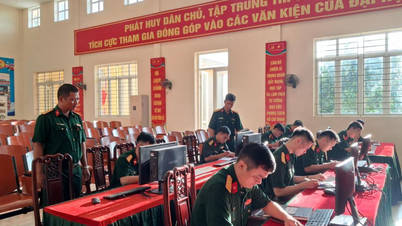







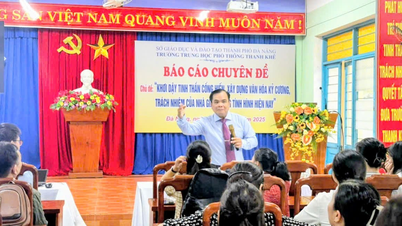






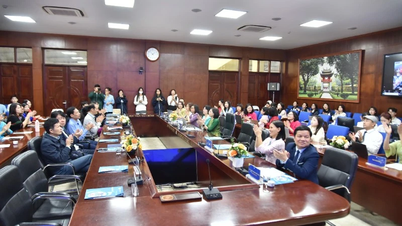
![[Video] Ministry of Education and Training announces the 2026 university and college enrollment plan](https://vphoto.vietnam.vn/thumb/402x226/vietnam/resource/IMAGE/2025/11/04/1762270484541_dung00-18-42-03still007-jpg.webp)
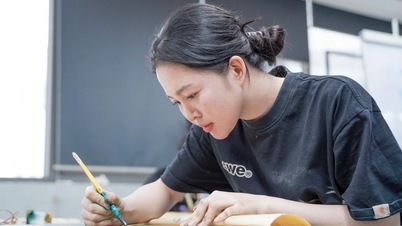







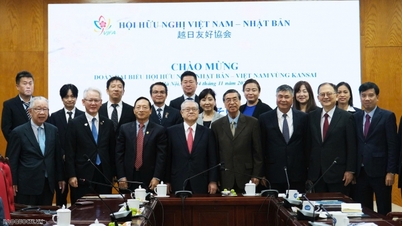
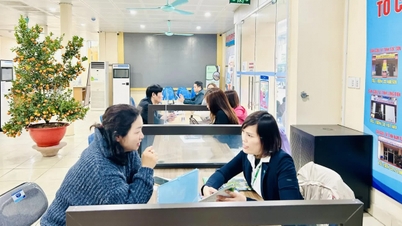

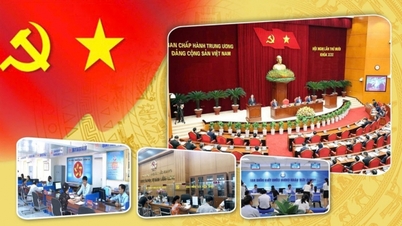

































































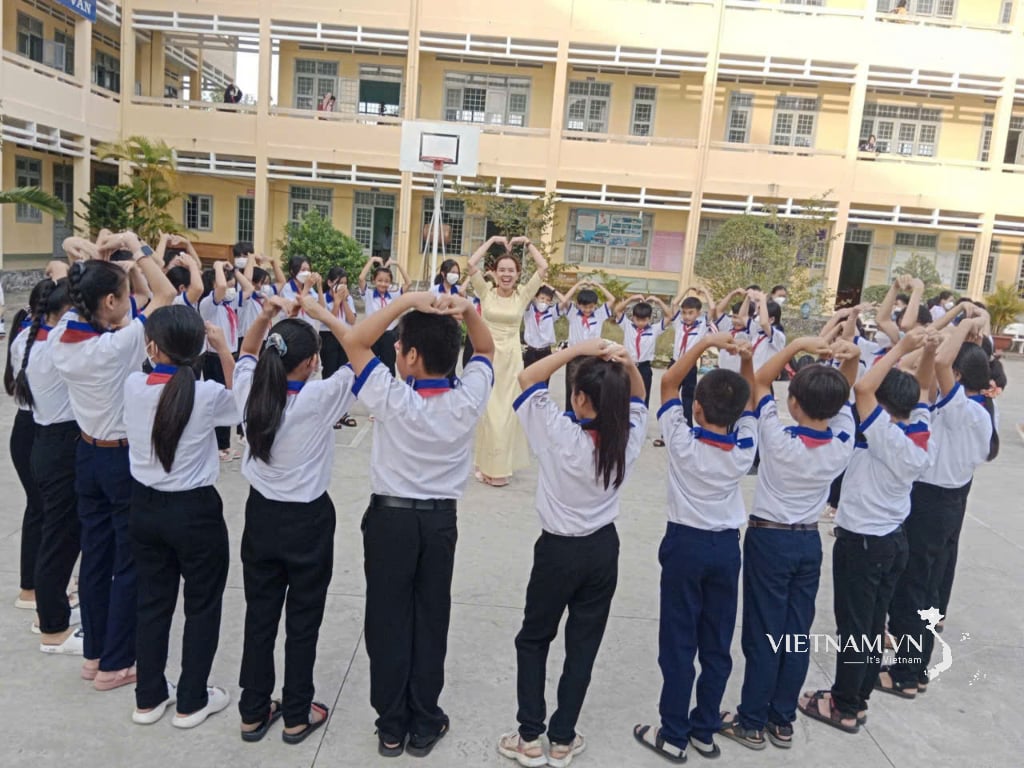


Comment (0)